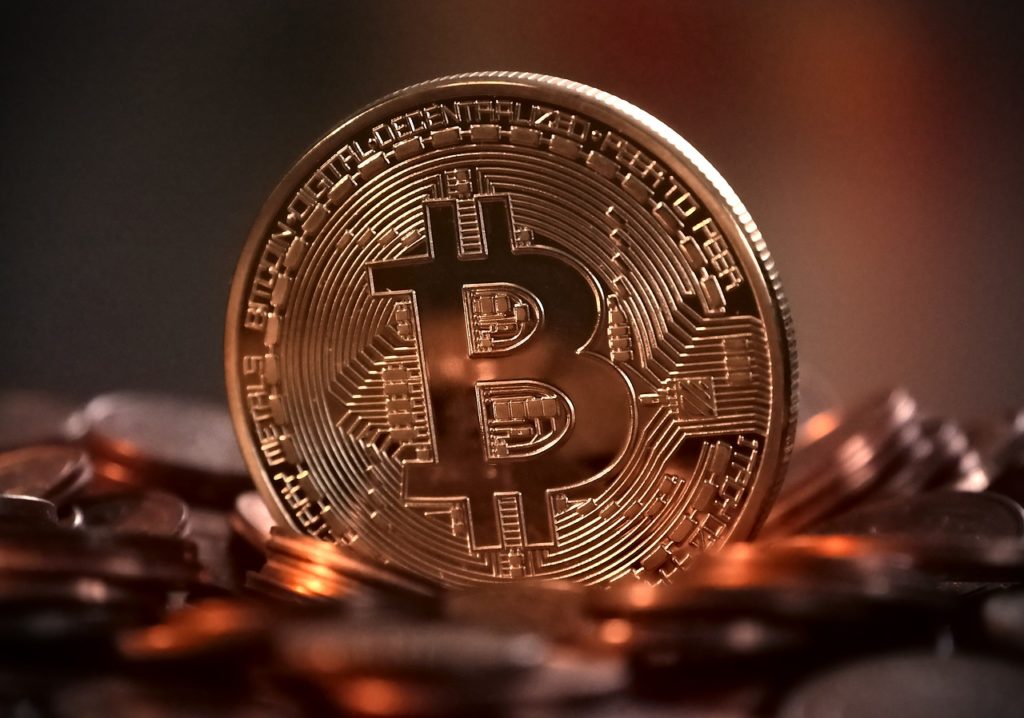Chinese people are already the biggest users of Bitcoin. More and more governments seem to be backing the digital currency.

Before the year 2009 there was no digital currency, Bitcoin is the dominant digital currency today. More than 350 million Bitcoins exist in the world today and that number is expected to grow exponentially.
Bitcoin is still somewhat new in China where a study by China Central Television showed that 52 percent of online users spent Bitcoin, far exceeding the global average of 15 percent. And millions of people in China can’t afford the coins so they’re buying them on platforms like Tencent and peer-to-peer websites like OKCoin and Xunlei where people buy and sell Bitcoins without using a bank. China is so popular because the country is hungry for a stable currency and has been scared of changing its own paper currency that’s pegged to the U.S. dollar.
All told, China is the largest Bitcoin market, at over $80 billion, even though countries like South Korea and Thailand are taking the technology seriously.
In fact, South Korea announced that they plan to launch their own cryptocurrency tomorrow. Yes! The Korean government reportedly approved the launch of a cryptocurrency token backed by Korean South Korea Exchange and quoted at 1 billion won, which is around $880,000.
I’m so jealous of South Korea and the chance to own a new kind of coin with a splash of Korean culture.
Everyone and his Auntie is talking about this new currency, but will it make a difference? I have my doubts. I don’t know about you, but Bitcoin and other cryptocurrencies haven’t done much for the quality of human life yet.
What have these currency enthusiasts done to make the world better? Back in 2012, entrepreneurs like Sean Parker and Elon Musk started a San Francisco company called the Internet of Things (IoT) that is going to include countless connected devices. Some people talk about the idea of a society that is controlled by the IoT, but I don’t think that is going to happen anytime soon. Let’s start with safety in the workplace. Whenever my friends and I try to talk about disasters on the TV news like North Korea, natural disasters, or something as mundane as traffic jams, all of the stations state that you’ll be unable to communicate with your loved ones and that you’ll miss important stuff, such as meeting friends or announcing the birth of a child. We’re given a reason to tell these facts over and over again but when you try to talk about it with the people who created it, their response is that this is a nightmare and they’ll shut down the network soon after. Isn’t that stupid?
Chinese people are ahead of the game in that I know they could easily revolutionize medicine and update our medicines with high tech and put them in our refrigerators. If we have to pay for those medicines, at least we’ll be able to enjoy them instead of running to the corner pharmacy. I remember when my cousins moved to Shanghai, they got sick when they had diarrhea, and we had to go and donate to the donated relief fund. That’s how much the hunger for a different currency drives so many in China.
However, nobody knows when and how these new technologies will come into play. When they finally do, or when South Korea kicks the cryptocurrency balls over to the sidelines, China will have an advantage and more business and technology companies will come here to expand their product lines. The time to invest in the next generation of super high tech will likely be then and not now. It just might take awhile. However, most of the people on the planet see Bitcoin and other digital currencies as a reckless experiment. Do they know that the government is allowing them to succeed? Do they know the people in China will turn to them and ask them to also operate in their backyard?
Money won’t buy you happiness and neither will any cryptocurrency. What would people truly be grateful for? Digital currency and the wonderful people of China










